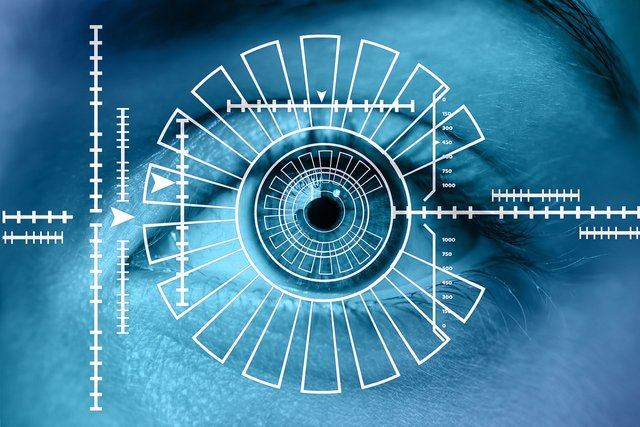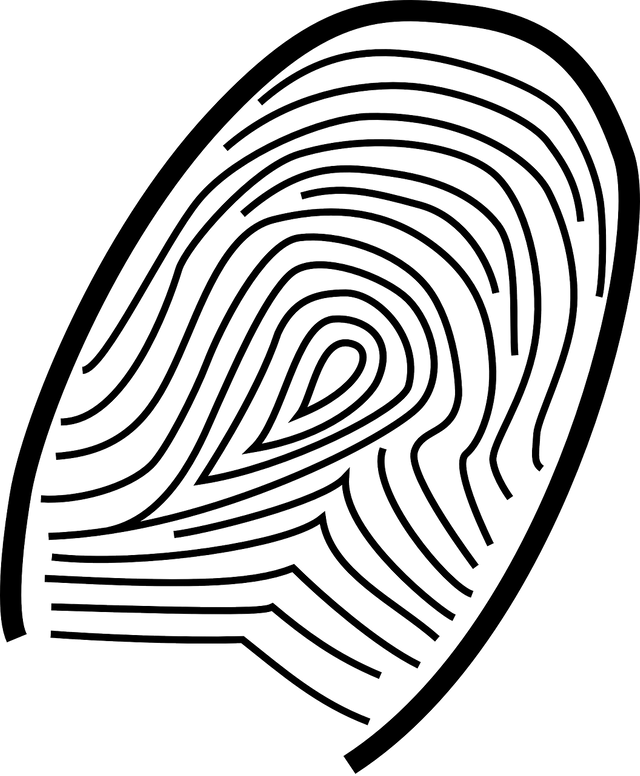Biometric Privacy Laws Under Scrutiny

Just recently, the Supreme Court in Illinois started to finally hear arguments on a challenge to a biometric privacy law in the state that is reportedly one of the toughest in the country.
The biometric legislation sets out very strict rules for how companies can collect your personal information, it stipulates that they are supposed to obtain consent before they can collect any of your biometric data such as your fingerprints.
Now, that rule is being challenged as a result of a lawsuit involving Six Flags.
One guest to the park who was required to submit their thumbprint prior to entry to obtain their pass, eventually had their mother file a lawsuit against Six Flags as a result. They're saying the company violated the biometric legislation which requires consent first. The company says what they did was okay however, because no harm was done by collecting the biometric information and for that reason they say they aren't liable.
Do consumers need to show that they were harmed, in order for their privacy to be protected?

We can see that biometric surveillance continues to become widespread, with machines scanning faces, fingers, and eyes, at sports events, airports, and more.
The technology has been marketed as something that's going to keep people safer and help to speed things up at airports and other areas. However, previous reports have suggested that the introduction of this surveillance has slowed down travel efficiency if anything. As well, it's difficult to keep people safe while violating their right to privacy at the same time.
Biometric identification systems aren't foolproof.
Surprisingly, despite the very real concerns for privacy violations and potential for this level of security to fail, there are many people who have displayed that they are already more than willing to pass on their personal biometric identification and they're eager to embrace this newfound level of "security".

@doitvoluntarily I do not think that people should suffer damage so that the organisms that use our information have to protect our privacy.
Thank you very much dear friend for making this information known
I wish you a great day
It's a slippery slope and once they have your info, I am betting it will be hard to get it back EVER.
As algorithms improve and the hardware they work on continues to advance in capacity, the ability to either generate false biometric data, or 'crack' actual data will become ever more trivial. This news is just beginning to come out, but as biometric data comes more into use, there will be more financial potential to misusing it.
Sadly, not only hackers can profit from this abuse. Tyrants are certain to.
Thanks!